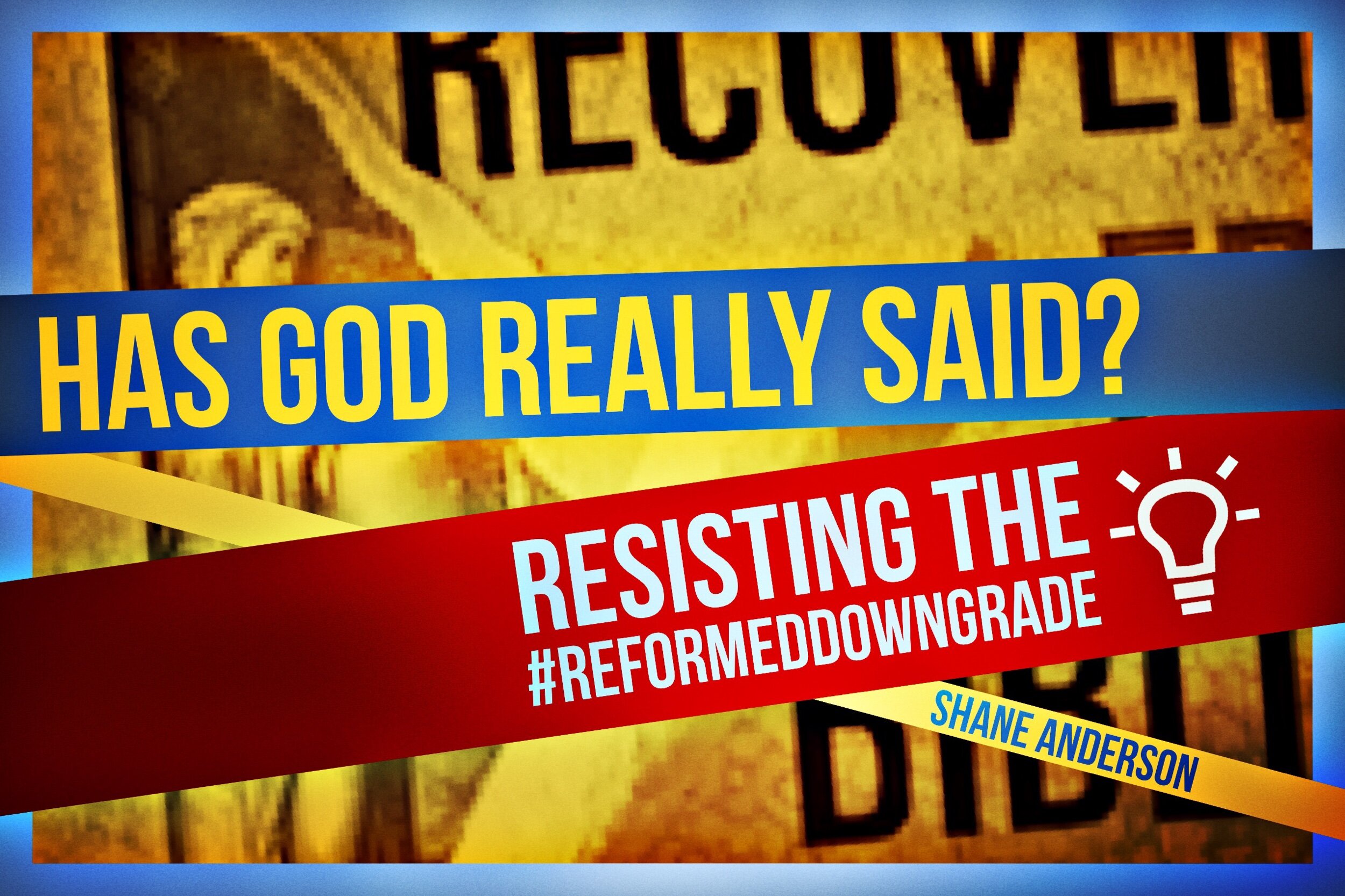

John Calvin On The Sacraments As Offers Of Mercy & Pledges of Grace
In this passage from the Institutes IV.14.7, Calvin argues that the rejection of Christ in the sacraments does not imply that the sacraments are not efficacious. Instead, to those who receive them in faith, the sacraments are evidences of God's grace to us, "seals of the good-will which he entertains toward us." They "nourish, confirm, and increase our faith."
All Must Be Well
Precious is the blood that healed us;
Perfect is the grace that sealed us;
Strong the hand stretched out to shield us;
All must be well.
--Mary Bowley Peters

Walter Marshall on Faith in Christ
"Therefore, though we receive a perfect Christ by faith, yet the measure and degree of enjoying him is imperfect; and we hope still, so long as we are in this world, to enjoy him in a higher degree of perfection than we have done." - Walter Marshall


Use our archive link above to find all of our available blog content, or search for your topic or author of interest.
Featured Posts
We need not reinvent Christianity or carve out ever-smaller enclaves to prove our faithfulness. We do not need to imitate the liberal order’s obsession with identity and control. We can return to nature, heritage, tradition, fathers, and our faith. Sectarian comfort is a false security for a people who have forgotten how to receive life from God’s hand. It will take Christian courage in an age of liberals and sects to grow deeper roots and provide a more secure and fruitful future.
Follow us on social media:





















